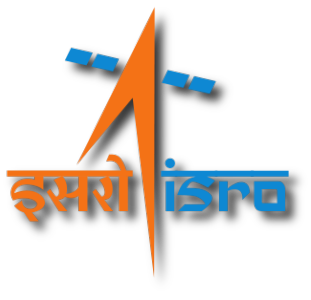India’s GPS-aided Geo Augmented Navigation System, also known as GAGAN, is trying to make big moves. The developers, Indian Space Research Organization (ISRO) and the Airport Authority of India (AAI) have nothing but pride for it, and the Indian government has announced plans to make GAGAN receivers mandatory for all aircraft that passes through Indian airspace by May of 2019.
For those of you who are confused, GAGAN is a satellite-based augmentation system (SBAS) specific to India. India is the 4th country to create an SBAS system (behind the USA, Japan, and Europe) and it will inter-operate with existing systems. GAGAN uses technology that relays data from GPS satellites, augmented satellites, and about 15 reference stations on the ground.
The whole idea behind GAGAN is to provide navigation through the Indian Ocean, the Bay of Bengal, the middle east, all of southeast Asia, and most of Africa. It is designed to fill a big coverage gap that is left between European and Japanese satellite systems.
Currently, without GAGAN being implemented, the Indian airline carriers are using a GNSS system for their general flight operations. According to Sputnik News, IRSO is pretty confident in their new system.
“GAGAN is better than any GPS as it ensures that at any given point in time, the measurements are reliable,” said an IRSO representative.
The benefits for using GAGAN should be plentiful. Ideally, it’s going to save a lot of time for pilots by ensuring they have the fastest route possible, and make it easier for them to adjust for instances of bad weather. Based on the testing, it will reduce flight into terrain by 75%.
While this is a system created to help with air navigation and flights, there are going to be a lot of consumer benefits as well. GAGAN will help with all kinds location-based services such as store locators, travel information, and traffic updates. GAGAN will also be able to monitor ocean traffic control where ground systems aren’t in place.
The main benefit thought to arise with the requirement of GAGAN, though, is reduced cost of an improved GNSS. Since GAGAN is a localized navigational system, it is expected to be very cost effective.
If India making GAGAN mandatory goes well, I think a lot of other countries might follow behind. The US should remain mostly unaffected, although international travel might be a speedier process as GAGAN should make air navigation across regional boundaries pretty much flawless.

